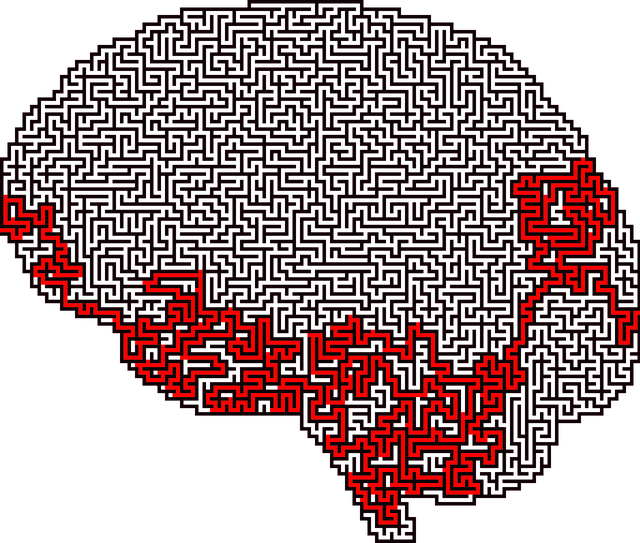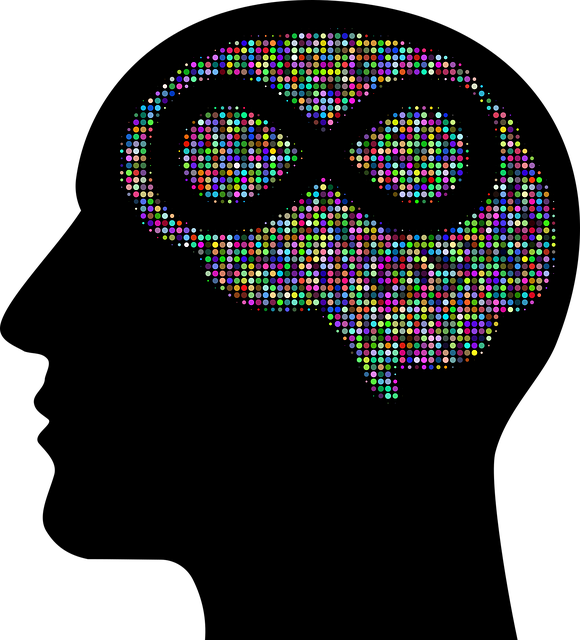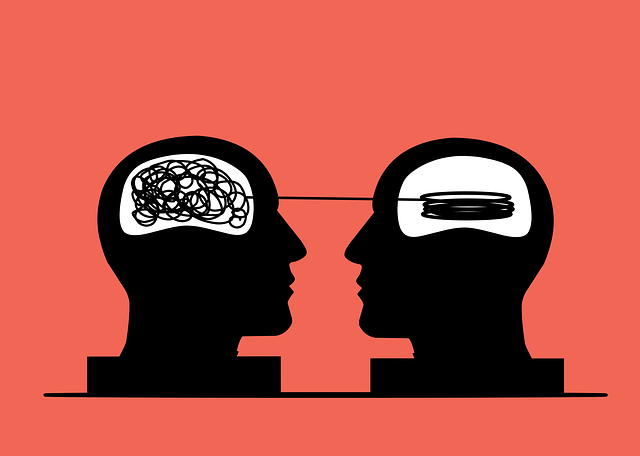Aurora French Speaking Therapy offers a culturally sensitive approach to mental wellness tailored to Franco-Canadian individuals, using evidence-based practices like mindfulness, conflict resolution, and journaling. Program evaluation is key, combining standardized questionnaires (DASS, Rosenberg Self-Esteem Scale) with qualitative methods (interviews, focus groups) to measure symptom reduction, improved attitudes, and enhanced well-being. By integrating dynamic processes, structured feedback, Emotional Intelligence, and personalized support, Aurora sets a benchmark for effective mental wellness program evaluation and improvement.
Mental wellness programs are essential components of modern healthcare, and their effectiveness heavily relies on robust evaluation methods. This article explores various aspects of program evaluation, particularly focusing on the unique approach of Aurora French Speaking Therapy. We delve into why assessment is critical in mental health, present diverse methods to gauge success, highlight key metrics for client outcomes, and discuss continuous improvement strategies through feedback loops, all while emphasizing the value of tailored, evidence-based practices like Aurora French Speaking Therapy.
- Understanding Aurora French Speaking Therapy: An Overview
- The Importance of Program Evaluation in Mental Health
- Methods to Assess the Effectiveness of Wellness Programs
- Key Metrics for Measuring Client Outcomes
- Continuous Improvement: Implementing Feedback Loops
Understanding Aurora French Speaking Therapy: An Overview

Aurora French Speaking Therapy offers a unique approach to mental wellness, combining therapeutic practices with the power of language and culture. This program recognizes the importance of addressing emotional and psychological needs in a way that resonates with individuals’ cultural backgrounds. By offering therapy in French, Aurora aims to create a safe and comfortable environment for Franco-Canadian clients to explore their mental health concerns.
The therapy incorporates various evidence-based methods, such as mindfulness meditation techniques, conflict resolution strategies, and mental wellness journaling exercises guidance, tailored to the specific needs of French-speaking individuals. These practices not only help clients manage stress, anxiety, and depression but also foster self-awareness and resilience. Aurora’s approach is designed to empower individuals to navigate their emotional challenges while embracing their cultural identity.
The Importance of Program Evaluation in Mental Health

In the realm of mental wellness, program evaluation serves as a compass guiding the effectiveness and impact of therapeutic interventions. It is an indispensable process that allows professionals to assess, measure, and understand the outcomes of therapy programs, particularly in diverse communities like Aurora’s French-speaking populations. By employing robust evaluation methods, therapists can gain valuable insights into what works best for their clients, ensuring tailored and culturally sensitive care. This data-driven approach not only improves service delivery but also facilitates continuous improvement, aligning with the evolving needs of individuals grappling with mental illness.
Program evaluation plays a pivotal role in fostering empathy building strategies and resilience within therapeutic settings. It helps identify effective practices that can mitigate the stigma surrounding mental illnesses, especially when tailored to culturally specific requirements. Through rigorous assessment, Aurora French Speaking Therapy can develop targeted interventions that promote mental health literacy, encourage open conversations, and ultimately reduce the barriers faced by individuals seeking support. By evaluating the success of these initiatives, therapists can adapt their approach, ensuring that empathy and understanding are at the heart of every interaction, leading to more meaningful and impactful therapy sessions.
Methods to Assess the Effectiveness of Wellness Programs

Evaluating the effectiveness of mental wellness programs is a multifaceted process that goes beyond simple self-reporting. One robust method involves using standardized questionnaires and surveys to assess participants’ perceptions of their mental health status before, during, and after the program. These tools can quantify improvements in symptoms, attitudes, and behaviors related to mental wellness, such as those promoted by Aurora French Speaking Therapy. For instance, measures like the Depression Anxiety Stress Scales (DASS) or the Rosenberg Self-Esteem Scale can capture changes in common mental health challenges and self-perception respectively.
Additionally, qualitative methods, including interviews and focus groups, offer deeper insights into participants’ experiences. These techniques allow individuals to share personal stories of transformation, highlighting specific aspects of the program that resonated with them or areas they believe could be improved. This feedback is invaluable for refining programs, ensuring they remain effective and aligned with evolving needs, especially in areas like risk management planning for mental health professionals and self-care routine development for better mental health.
Key Metrics for Measuring Client Outcomes

When evaluating the effectiveness of a mental wellness program, such as Aurora French Speaking Therapy, key metrics are essential to measure client outcomes. These include assessing changes in symptoms, such as anxiety or depression, using standardized questionnaires like the Beck Depression Inventory (BDI) or the General Anxiety Disorder 7-Item Scale (GAD-7). Additionally, tracking improvements in quality of life and overall well-being through validated scales can provide valuable insights.
Beyond symptom reduction, programs like Aurora French Speaking Therapy often focus on fostering self-care routine development for better mental health, resilience building, and stress reduction methods. Evaluating these aspects involves collecting client feedback through qualitative surveys or interviews, examining adherence to recommended practices, and measuring the impact on daily functioning and coping strategies. By combining quantitative data from standardized tools with qualitative insights, a comprehensive picture of client progress emerges, allowing for continuous improvement in mental wellness program design and delivery.
Continuous Improvement: Implementing Feedback Loops

In the context of mental wellness program evaluation, continuous improvement is paramount. Similar to how Aurora French Speaking Therapy leverages feedback mechanisms to enhance its services, organizations can employ dynamic processes that foster growth and adaption. By implementing structured feedback loops, programs can gather insights from participants, frontline staff, and experts, allowing for nuanced adjustments to interventions. This iterative approach ensures that the mental wellness program stays aligned with emerging best practices and individual needs, ultimately enhancing its effectiveness in promoting emotional well-being.
Incorporating Emotional Well-being Promotion Techniques and Mental Health Awareness into these feedback mechanisms can further enrich the evaluation process. Emotional Intelligence plays a crucial role here, as it enables programs to interpret and respond to emotional cues from participants, refining interventions that cater to their unique emotional landscapes. Through such continuous improvement strategies, organizations like Aurora French Speaking Therapy can offer more personalized and impactful support for those seeking mental health services.
The evaluation of mental wellness programs, such as Aurora French Speaking Therapy, is an indispensable practice to ensure their effectiveness and client-centric design. By employing robust methods like those outlined in this article, we can accurately assess the impact of these initiatives. Through key metrics focusing on client outcomes, continuous improvement becomes achievable, allowing for tailored adjustments that ultimately enhance mental health support. Embracing feedback loops within Aurora French Speaking Therapy’s framework enables a dynamic approach to wellness program evaluation, ensuring its relevance and success in meeting the diverse needs of its participants.








